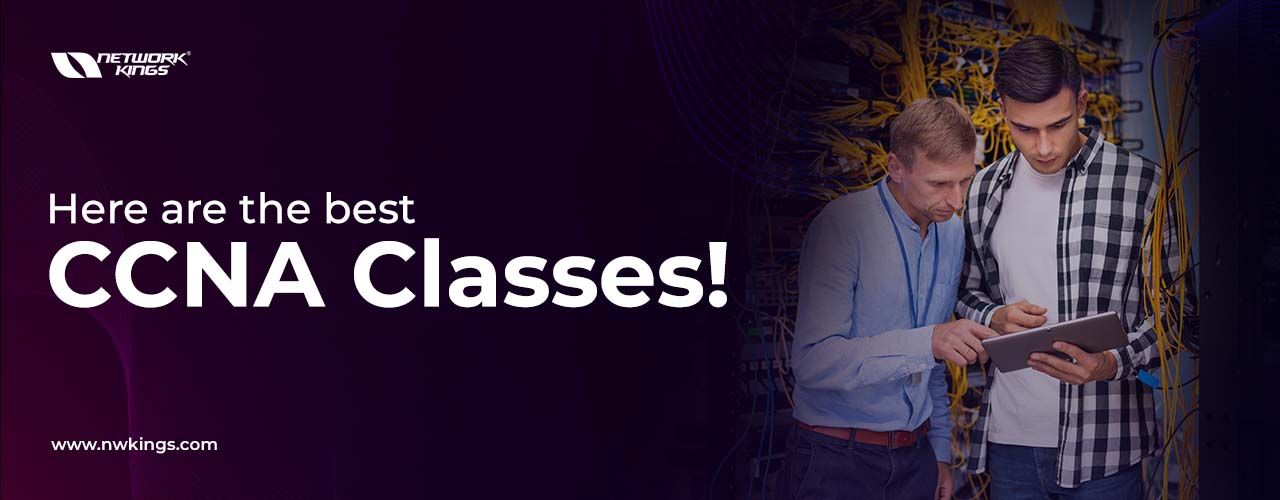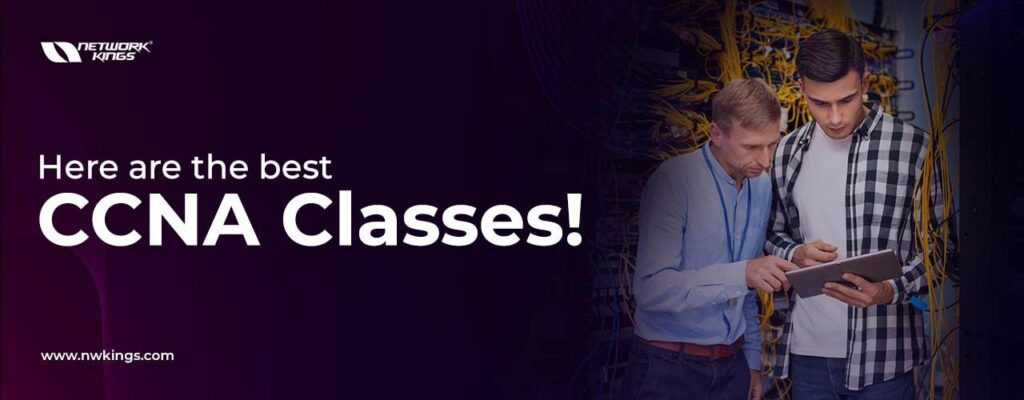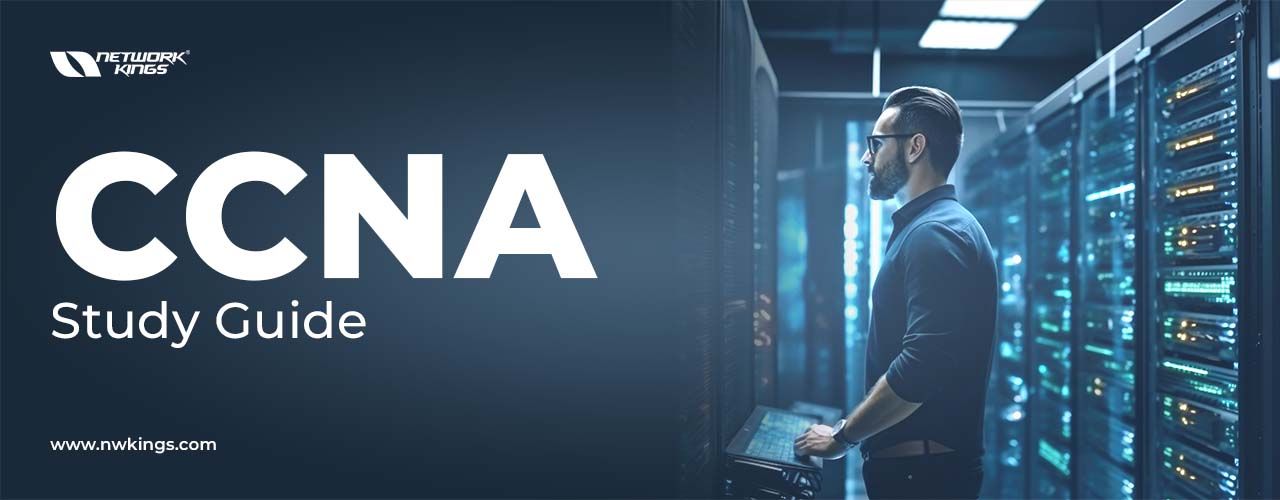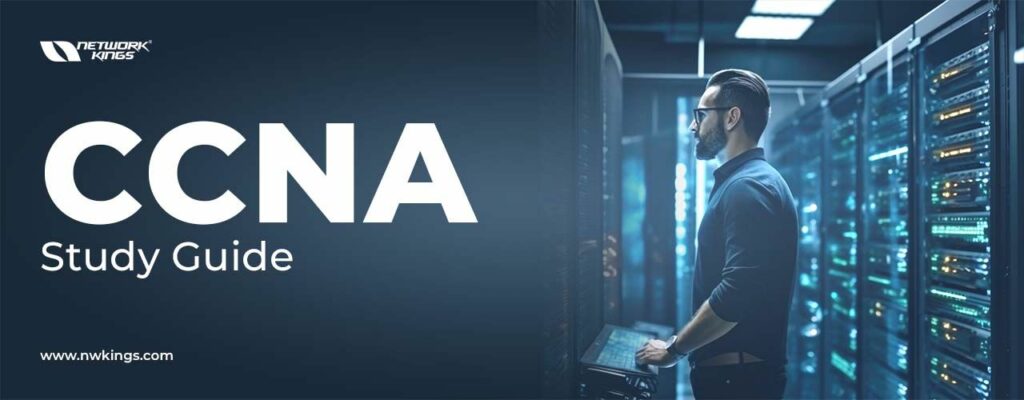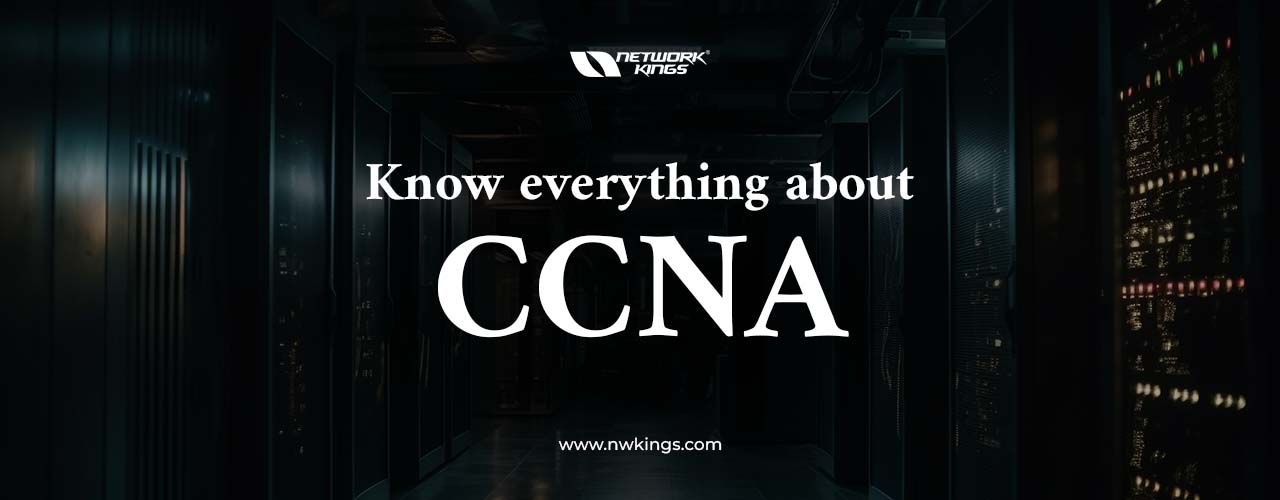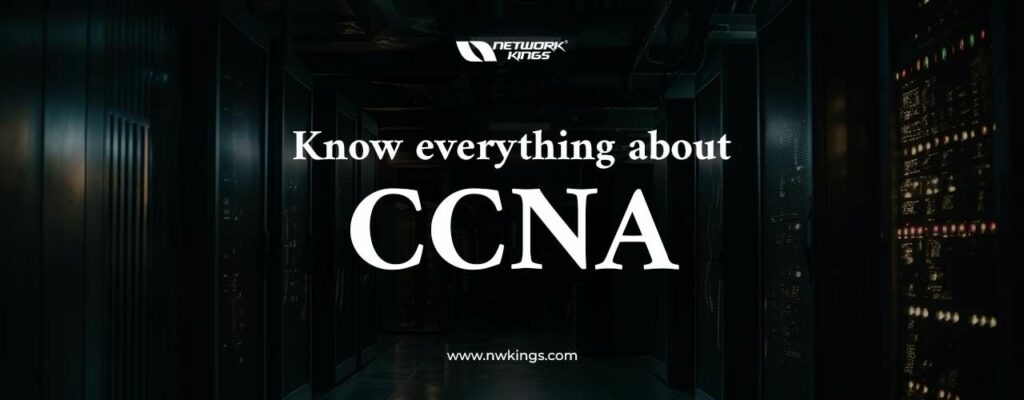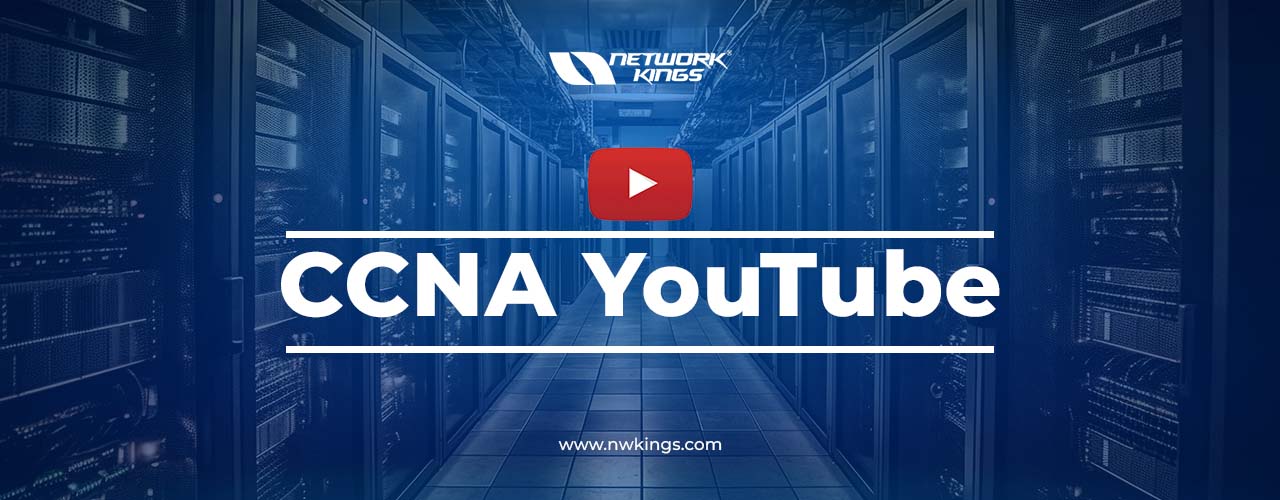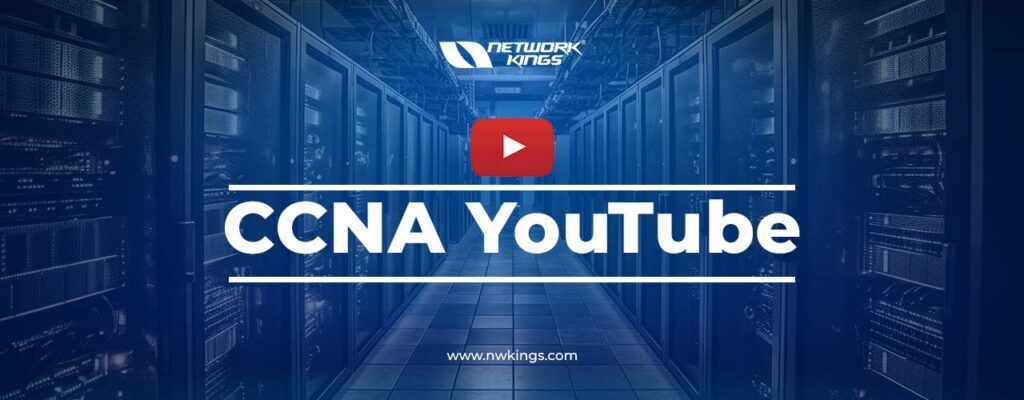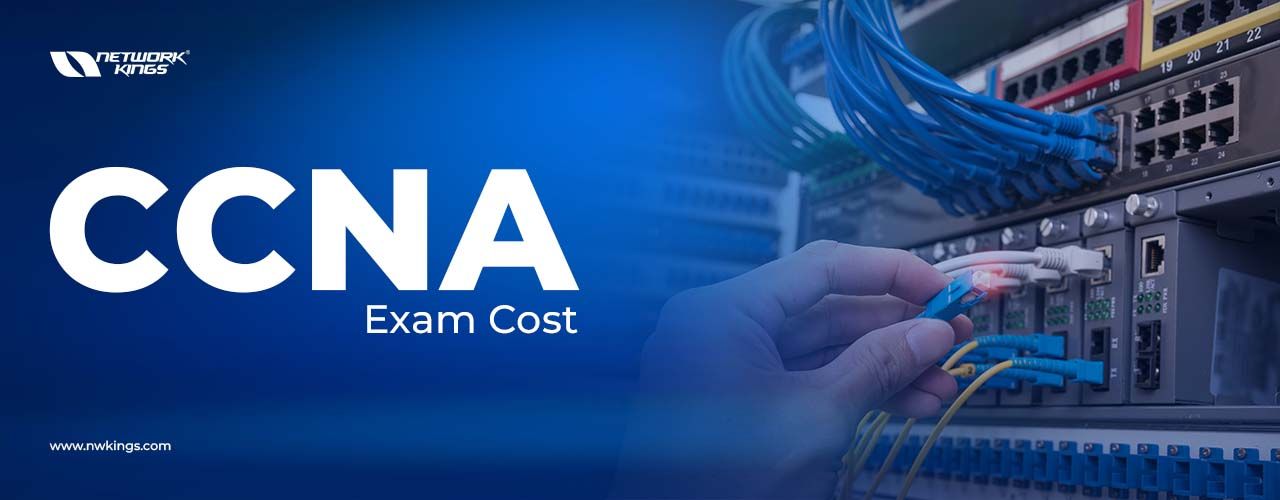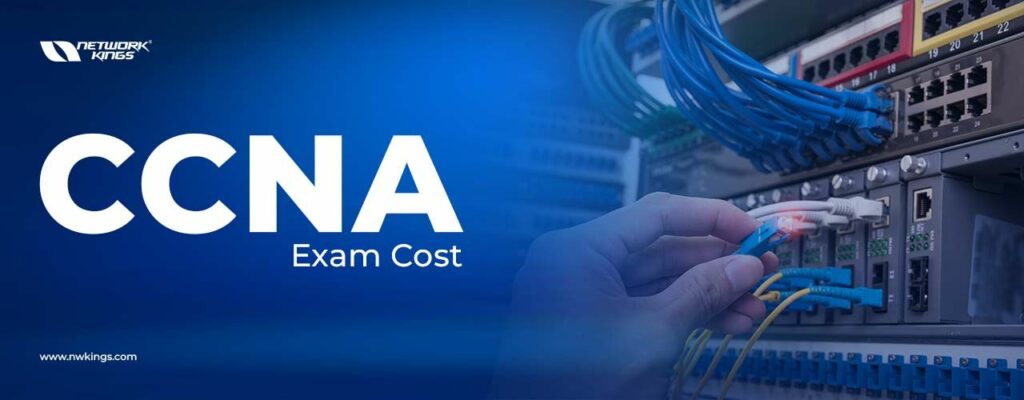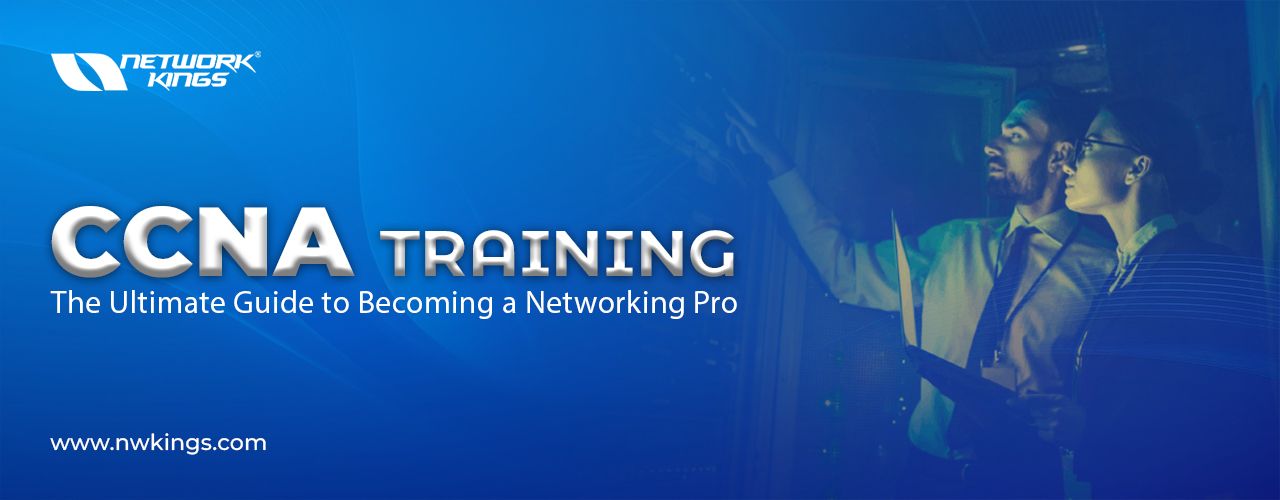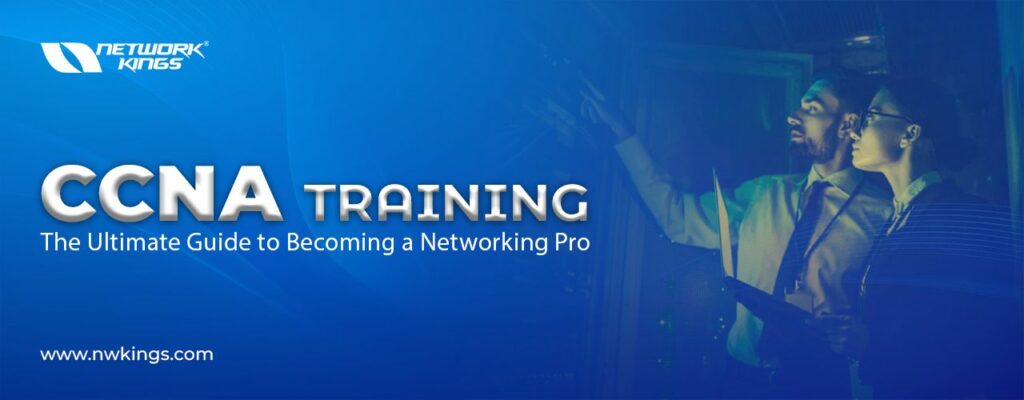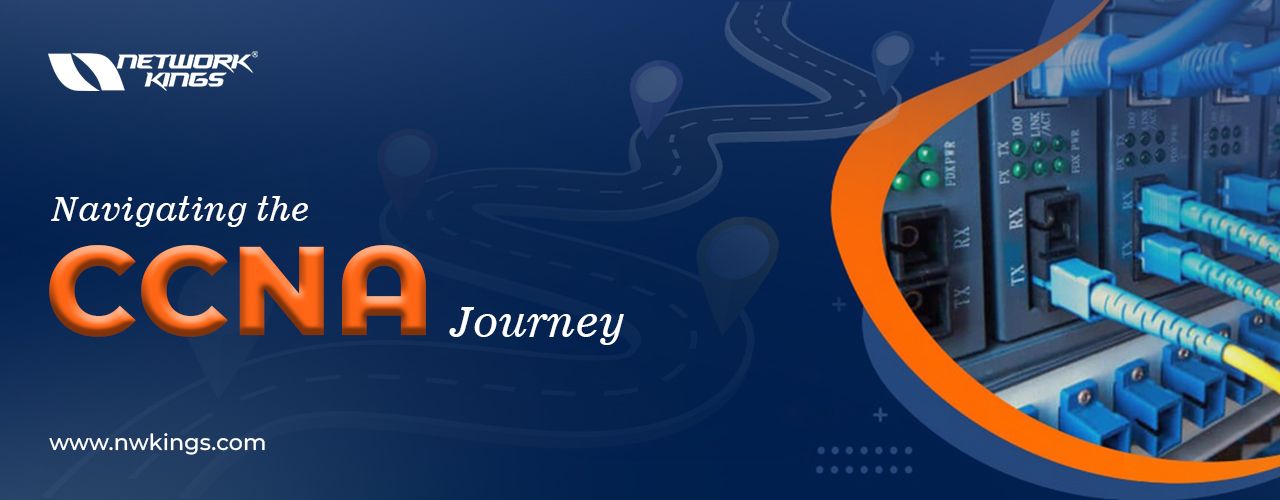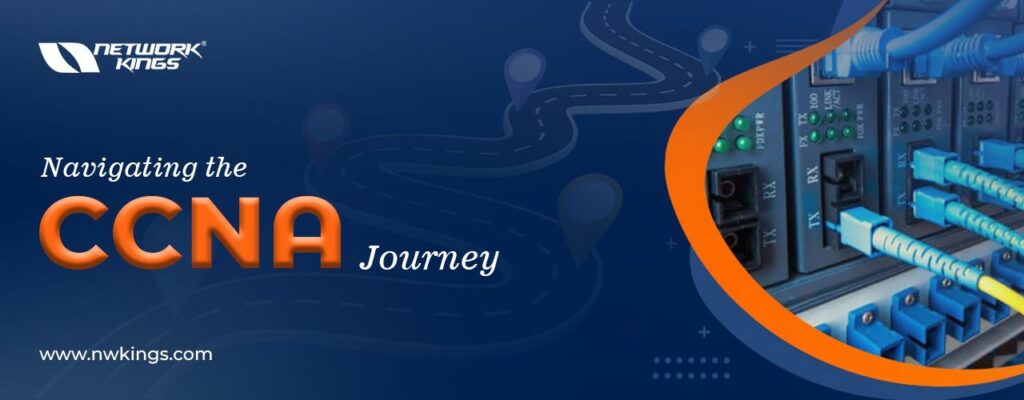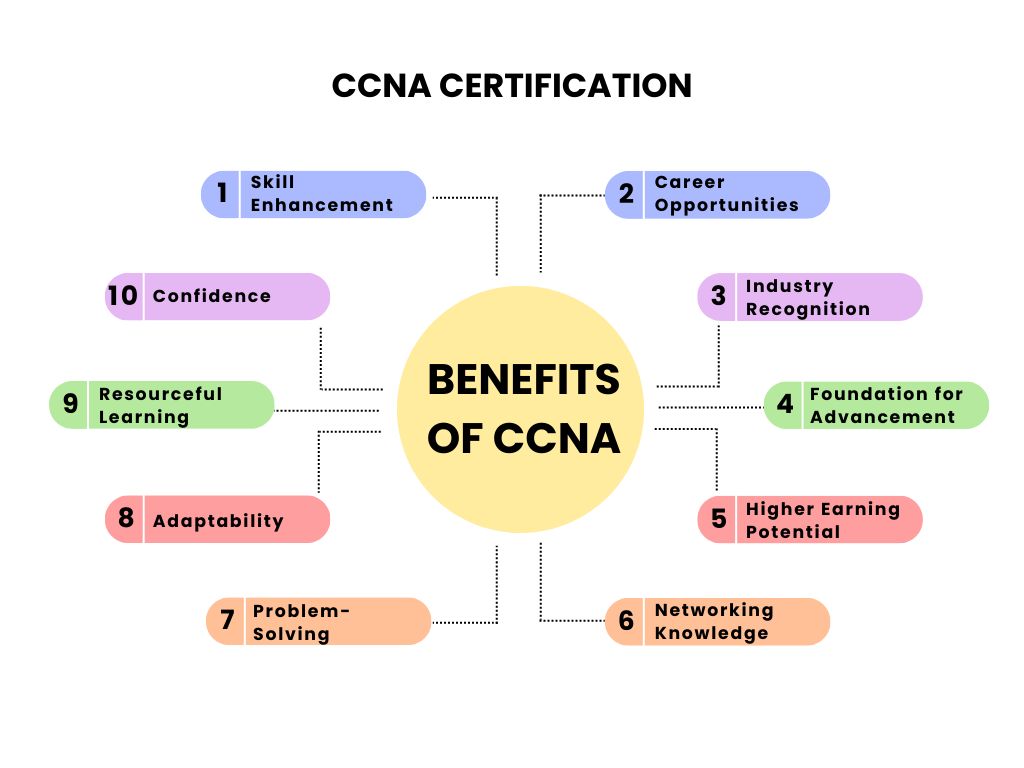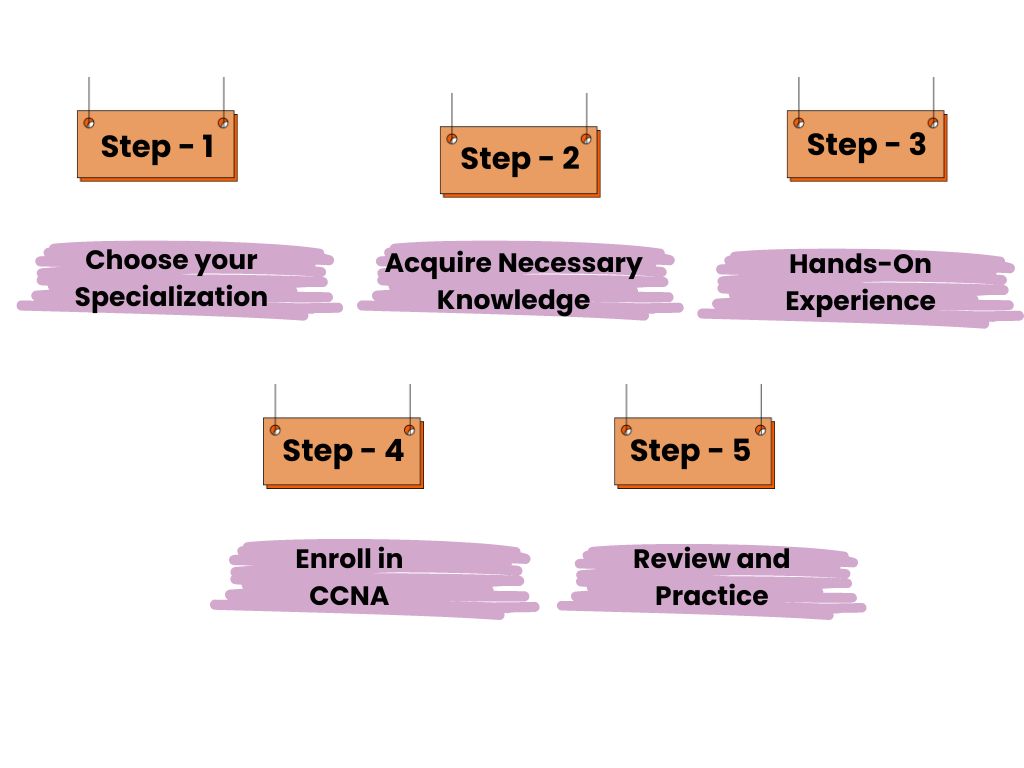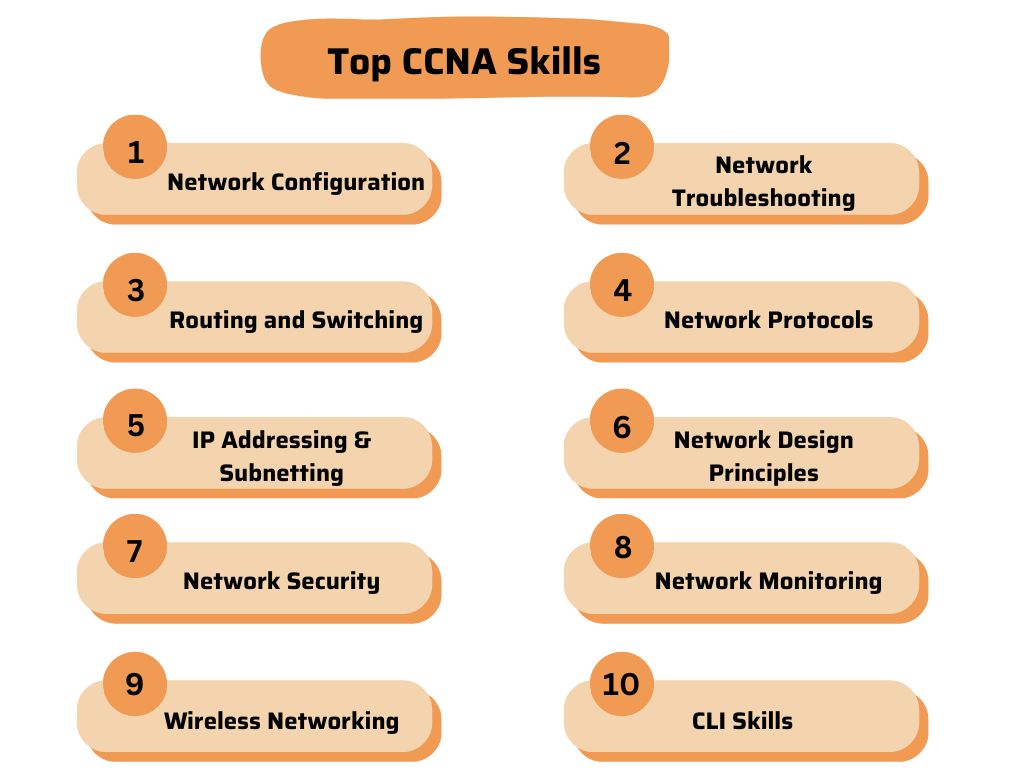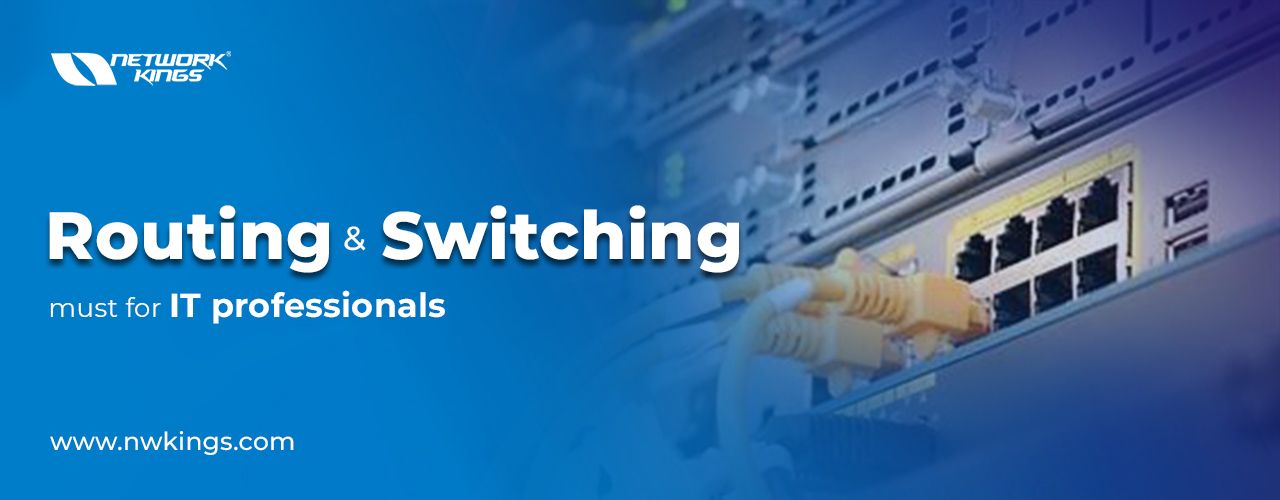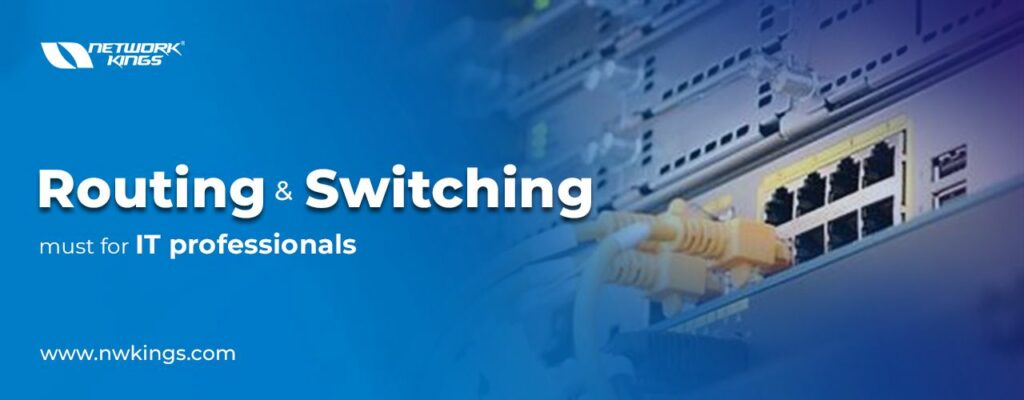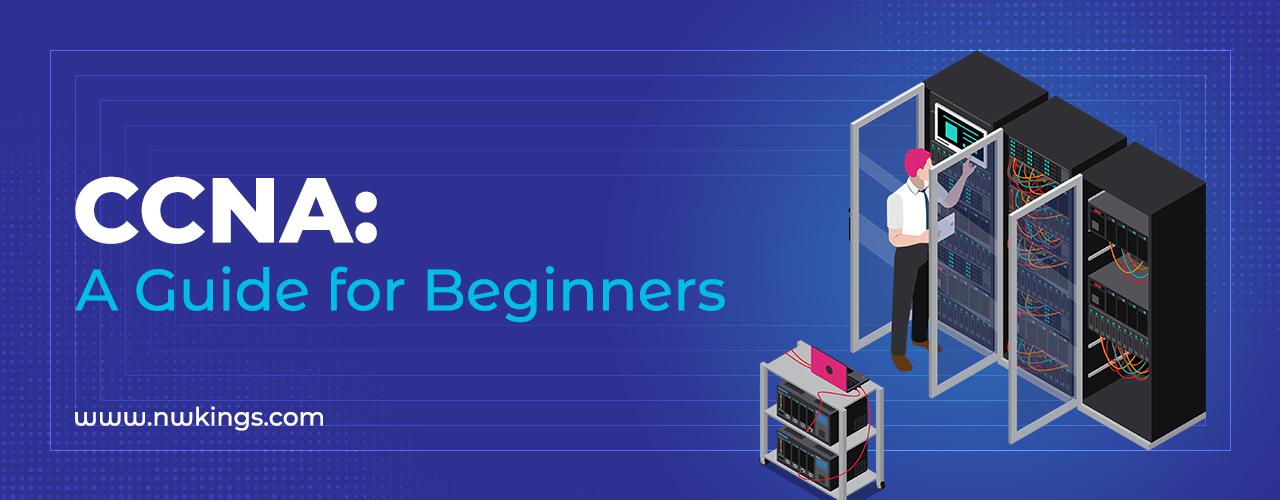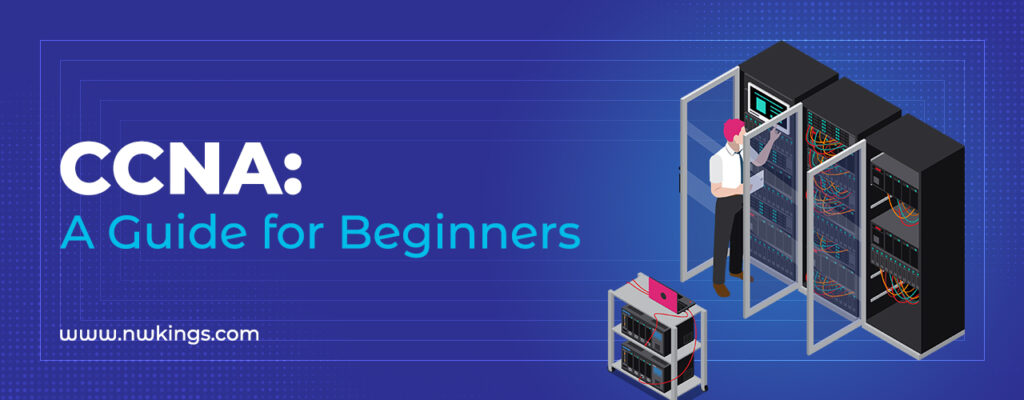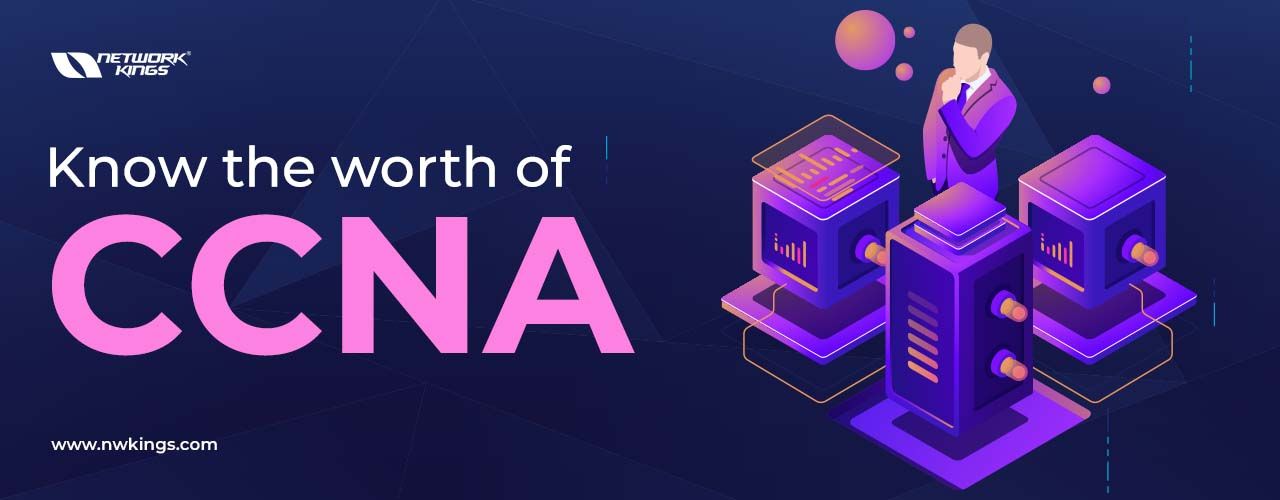
What is CCNA Certification? The Cisco Certified Network Associate (CCNA) certification is a widely recognized credential in the IT industry. It validates the knowledge and skills required to install, configure, operate, and troubleshoot medium-sized routed and switched networks. CCNA certification is highly valued by employers and can open up a world of career opportunities for IT professionals.
What is CCNA? Understanding the Importance of CCNA Certification
CCNA certification offers several benefits for IT professionals. Firstly, it demonstrates a solid foundation in networking concepts and technologies. This knowledge is essential for anyone working in the IT industry, as networking is a fundamental component of modern technology infrastructure. CCNA certification also enhances job prospects, as many employers require or prefer candidates with this credential. It can give you a competitive edge over other applicants and increase your chances of landing a job or promotion.
Career opportunities for CCNA-certified professionals are vast. They can work as network administrators, network engineers, systems administrators, or IT consultants, among other roles. These positions often come with attractive salaries and benefits. According to PayScale, the average salary for a CCNA-certified professional is around $79,000 per year. With experience and further certifications, such as CCNP (Cisco Certified Network Professional), the earning potential can increase significantly.
CCNA Certification Exam: What to Expect
The CCNA certification exam consists of multiple-choice questions, drag-and-drop questions, and simulation-based questions. It tests your knowledge and skills in areas such as network fundamentals, network access, IP connectivity, IP services, security fundamentals, and automation and programmability. The exam is timed and typically lasts around 90 minutes.
To prepare for the exam, it is important to thoroughly understand the exam topics and objectives. Cisco provides a detailed exam blueprint that outlines the specific areas that will be covered in the exam. It is recommended to study each topic thoroughly and practice hands-on with networking equipment or simulators to gain practical experience.
How to Prepare for the CCNA Certification Exam?
There are various study materials and resources available to help you prepare for the CCNA certification exam. Cisco offers official study guides, practice exams, and virtual labs that can be accessed online. These resources provide comprehensive coverage of the exam topics and allow you to practice and reinforce your knowledge.
In addition to official Cisco resources, there are also many third-party study materials available, such as books, video courses, and online tutorials. It is important to choose study materials that are up-to-date and aligned with the current exam objectives. It is also beneficial to join online forums or study groups where you can interact with other CCNA candidates and share study tips and resources.
When preparing for the exam, it is important to create a study plan and stick to it. Allocate dedicated time each day or week for studying and reviewing the material regularly to ensure retention. Practice exams can also help assess your readiness for the actual exam and identifying areas that need further improvement.
CCNA Certification Training: Online vs. Classroom
CCNA certification training is available in both online and classroom formats. Each option has its own advantages and disadvantages, and the choice depends on individual preferences and circumstances.
Online training offers flexibility and convenience, as it allows you to study at your own pace and from anywhere with an internet connection. It is also often more affordable than classroom training, as there are no travel or accommodation expenses involved. Online training typically includes video lectures, interactive quizzes, and virtual labs for hands-on practice.
On the other hand, classroom training provides a structured learning environment with direct interaction with instructors and fellow students. It can be beneficial for those who prefer face-to-face instruction and thrive in a classroom setting. Classroom training also offers the opportunity for networking and building connections with other IT professionals.
When choosing between online and classroom training, it is important to consider your learning style, schedule, and budget. Both options can be effective in preparing for the CCNA certification exam, so it ultimately comes down to personal preference.
CCNA Certification Cost: Is it Worth the Investment?
The cost of CCNA certification includes both the exam fee and the training cost. The exam fee varies depending on the country and currency, but it is typically around $300. Training costs can vary significantly depending on the provider and format. Online training courses can range from a few hundred dollars to a few thousand dollars, while classroom training can be more expensive due to additional expenses such as travel and accommodation.
While the cost of CCNA certification may seem high, it is important to consider the return on investment (ROI). CCNA certification can significantly enhance your career prospects and earning potential. The average salary for CCNA-certified professionals is higher than that of non-certified professionals in similar roles. Additionally, CCNA certification can open up opportunities for advancement and higher-level certifications, which can further increase your earning potential.
CCNA Certification Renewal: What You Need to Know
CCNA certification is valid for three years. To renew your certification, you must pass a recertification exam or earn a higher-level certification. Cisco offers various recertification options, including passing a current CCNA exam, passing a current CCNP exam, or passing any current CCIE written exam.
It is important to keep your certification current to maintain its value and relevance. Technology is constantly evolving, and staying up-to-date with the latest advancements is crucial in the IT industry. Renewing your CCNA certification demonstrates your commitment to continuous learning and professional development.
CCNA Certification Career Opportunities
CCNA certification opens up a wide range of career opportunities in the IT industry. Some common job roles for CCNA-certified professionals include network administrator, network engineer, systems administrator, IT consultant, and security analyst. These roles often come with attractive salaries and benefits.
According to PayScale, the average salary for a CCNA-certified professional is around $79,000 per year. However, salaries can vary depending on factors such as experience, location, and industry. With experience and further certifications, such as CCNP or CCIE, the earning potential can increase significantly.
CCNA certification also provides opportunities for career advancement. It serves as a stepping stone to higher-level certifications, such as CCNP or CCIE, which can lead to more senior and specialized roles. Additionally, CCNA certification can open doors to job opportunities in different industries and sectors, as networking is a critical component of almost every organization’s IT infrastructure.
Why should you pursue a Cisco CCNA Course From Network Kings?
Network Kings is the best option to pursue a CCNA Course Online. Here are the reasons why:
- Network Kings delivers online training so that you can access it from anywhere.
- Network Kings has a free Live demo class for your better understanding.
- Network Kings gives you a 1-year permit to record videos.
- The Network basics training at Network Kings is available in Hindi and English.
- With Network Kings, get credentials to real labs with live doubt-clearance sessions.
- The program is industry-focused, including 60% practical and 40% theory.
- Network basics batches have evening classes. So, you don’t have to consume your office time in classes.
Career Opportunities with CCNA Certification
CCNA certification opens up a wide range of career opportunities in the IT industry. Here are some job roles and responsibilities for CCNA-certified professionals:
- Network Administrator: Network administrators are responsible for managing and maintaining network infrastructure, including routers, switches, firewalls, and wireless access points. They handle network configuration, troubleshooting, and security.
- Network Engineer: Network engineers design and implement network solutions based on business requirements. They configure routers, switches, and other network devices, and ensure the smooth operation of networks.
- Network Analyst: Network analysts monitor network performance, analyze data traffic patterns, and identify areas for improvement. They troubleshoot network issues and optimize network performance.
- Security Analyst: Security analysts focus on securing networks from cyber threats. They monitor network traffic for suspicious activity, conduct vulnerability assessments, and implement security measures.
CCNA-certified professionals can expect competitive salaries and excellent career growth opportunities. According to PayScale, the average salary for a CCNA-certified professional is around $78,000 per year, with the potential to earn more with experience and additional certifications.
Salary Prospects of a CCNA Professional
The CCNA certification is highly sought-after. Here is a glimpse of the CCNA salary packages that CCNA-certified professionals get-
- United States: USD 50,000 – USD 120,000
- Canada: CAD 45,000 – CAD 90,000
- United Kingdom: Pounds 20,000 – Pounds 40,000
- Australia: AUD 50,000 – AUD 90,000
- Germany: EUR 35,000 – EUR 60,000
- France: EUR 30,000 – EUR 50,000
- India: INR 250,000 – INR 600,000
- China: CNY 100,000 – CNY 300,000
- United Arab Emirates: AED 70,000 – AED 120,000
- Singapore: SGD 45,000 – SGD 90,000
- Japan: JPY 3,000,000 – JPY 5,000,000
- South Africa: ZAR 200,000 – ZAR 500,000
- Brazil: BRL 60,000 – BRL 120,000
- Saudi Arabia: SAR 80,000 – SAR 150,000
- Mexico: MXN 300,000 – MXN 600,000
Conclusion: Is CCNA Certification Right for You?
CCNA certification offers numerous benefits for IT professionals, including enhanced job prospects, higher salaries, and opportunities for career advancement. It validates your knowledge and skills in networking and demonstrates your commitment to professional development.
Before pursuing CCNA certification, it is important to consider factors such as your career goals, learning style, and budget. CCNA certification requires dedication and effort to prepare for the exam and maintain the certification. However, the rewards can be well worth the investment.
In conclusion, CCNA certification is highly valued in the IT industry and can open up a world of career opportunities. It is a worthwhile investment for IT professionals looking to advance their careers and stay competitive in the ever-evolving field of technology.

